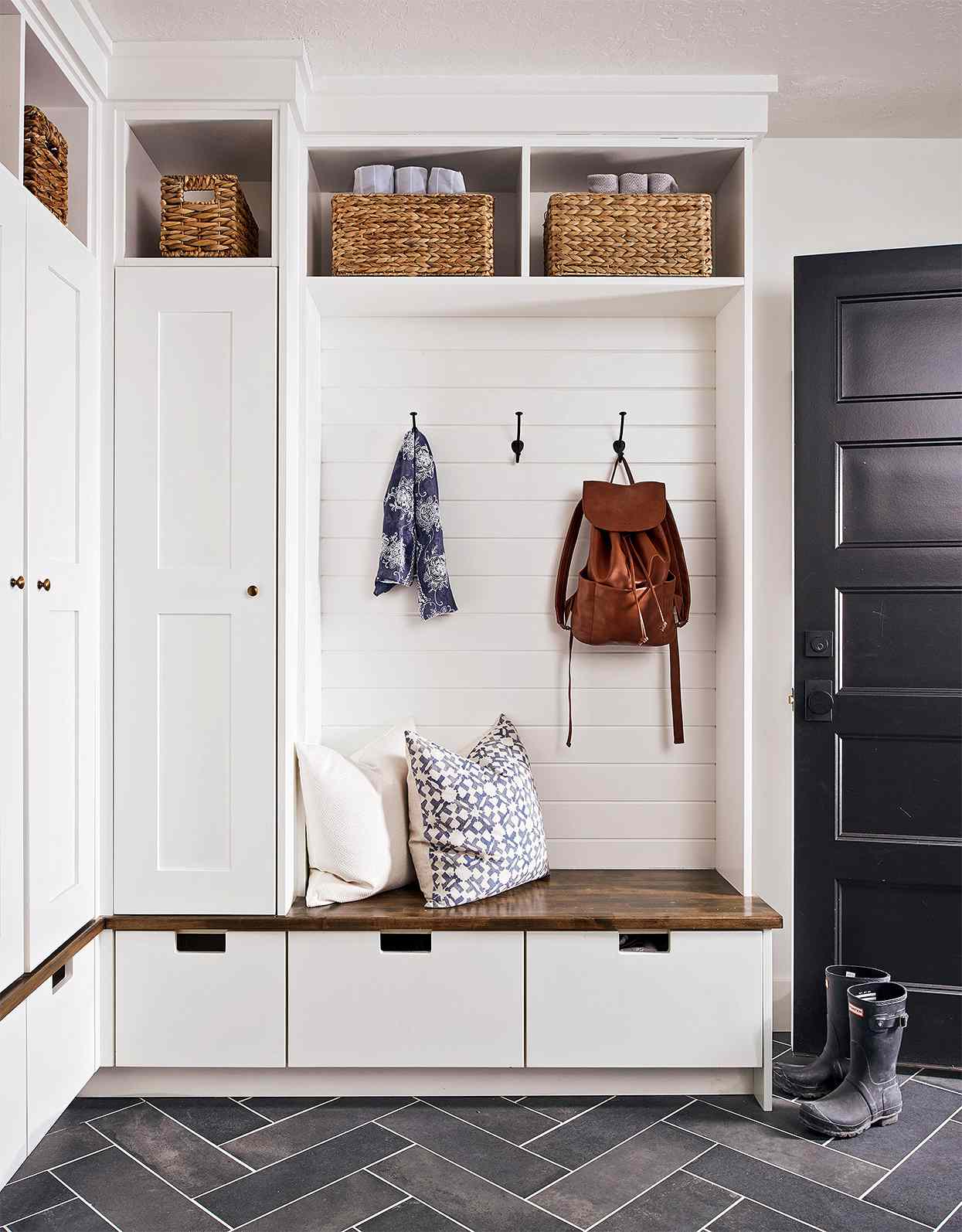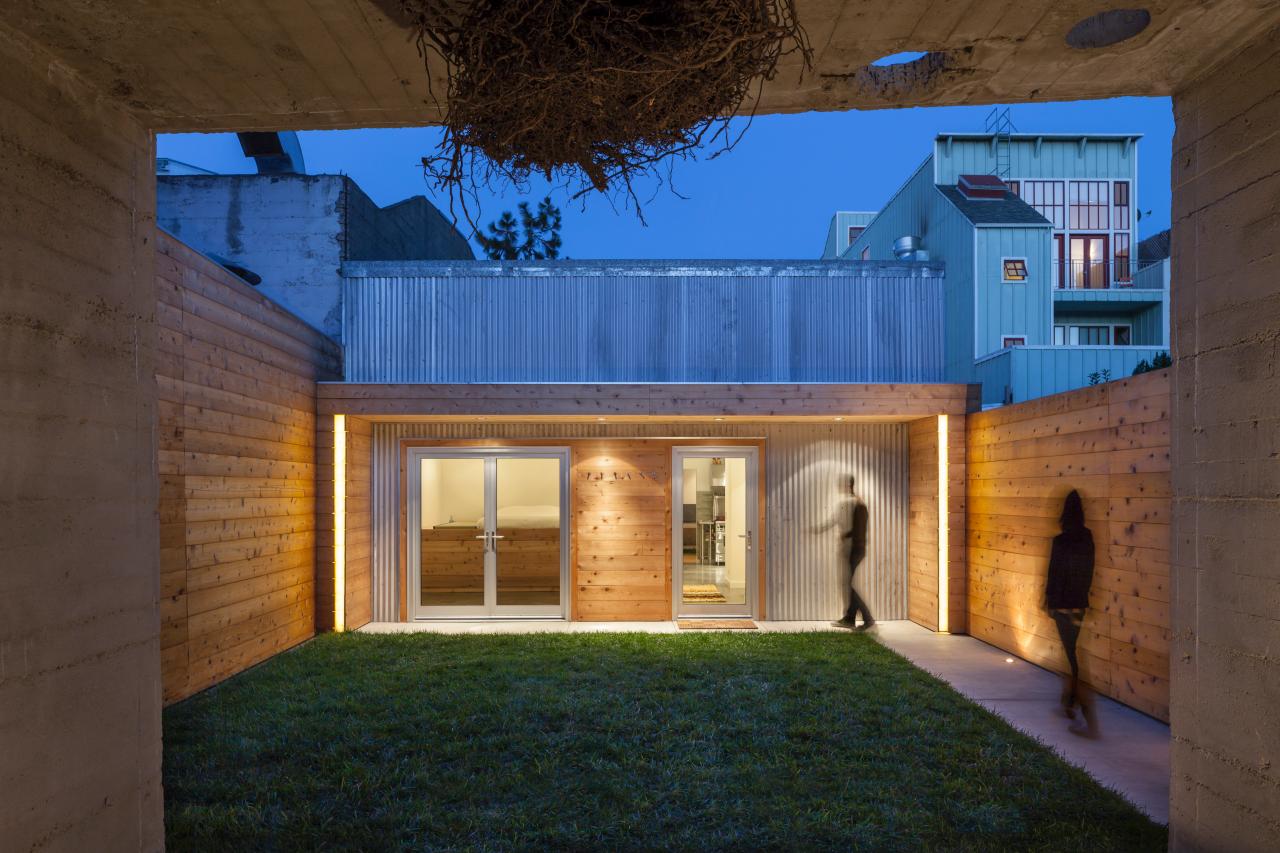
There are several options when it comes painting vinyl siding. You can either do it yourself or hire a professional. Although they are more costly, the pros will provide greater coverage. There are steps to follow if you decide to do it yourself. This will ensure that you get the best possible results.
Properly prepare your vinyl siding. The first step is to prepare your vinyl siding. It may be a good idea to put a plastic tarp over areas you are not covering with paint. It will keep paint splatters away from your new color. This will keep you from having your work retouched later.

The second step in choosing the right paint is to make sure it's high quality. You can choose from many different brands and colors, including Benjamin Moore. This company is the manufacturer for many premium paints that can be used on a variety surfaces. High-quality primers can be found for vinyl siding.
Preparation is essential for any paint job. The most important part of prep is ensuring that your surfaces are clean and free of dirt and dust. For example, you should be able to remove all the mildew and dirt that has collected on the surface. If you have oil-based paint, you can do this by using a soft brush or mineral spirits. This step can be skipped if your siding is brand new.
The best vinyl paint will adhere to vinyl siding and protect it against harmful UV rays. It should be applied to the main areas as well as the corners, edges and edges of vinyl. It should have a matte finish. This will make it look more attractive, as the underlying layer will be protected from moisture and bugs.
The most practical paint for vinyl is also the best. You should have experience with painting other surfaces in your house so you can understand the best technique. It's a good idea, if you've never painted vinyl before to get some tips and tricks. This will allow you to avoid making mistakes that can end up costing you lots of time and money.

A paint sprayer can be the most efficient way of applying vinyl paint. This is especially helpful if your vinyl siding has a large size. A paint roller is an option for siding that is smaller. You will still want to cover all your vinyl's edges and corners with the best paint for vinyl. You should spray the paint in an even coat. This is the best type of paint for vinyl. You can apply this paint with a sprayer, paintbrush, or paint applicator.
FAQ
Are permits required to renovate my home?
Yes, you will need permits before starting any home improvement project. A building permit and plumbing permit are required in most cases. A zoning permit may be required depending on what type of construction you are doing.
Can I rent a dumpster?
A dumpster can be rented to dispose of your debris after you have completed your home renovation. Renting a dumpster will help you keep your yard clear of debris and trash.
Can I renovate my whole home myself?
If you can do it yourself, why pay someone else when you could save money and time?
You may love DIY but there will come a time when you can't do it all by yourself. You may not be able to control all the variables.
You might discover that the wiring in your home is not up to date. In this case, you'll need to hire an electrician to ensure that your electrical system works safely and reliably.
It is possible that your renovations might cause structural damage.
Additionally, you may not have the right tools to complete the job. For instance, if you are planning to install a new kitchen sink, you'll need to buy a special tool called a plumber's snake which is used to clear clogged pipes.
Plumbing codes also require that you have a licensed plumber work on your project.
The bottom line is that you need to know exactly what you are capable of doing before you embark on such a big task.
If you are unsure if it is possible to do the job on your own, ask friends or family members who have worked on similar projects.
They can offer advice about what to do and where to go for more information.
How do I start a renovation of a house?
You must first clear out the clutter outside and inside your home. Next, you will need to eliminate mold, repair or replace any damaged walls, repaint your entire interior, and fix any leaky pipes. Finally, you will need to wash the exterior surfaces clean and paint.
What Does it Cost to Renovate Your House?
Cost of renovations depends on the material used, how large the job is and how complex it is. Some materials like wood need additional tools, like saws or drills, while others like steel don't. The price for renovations will also vary depending on whether you would like your contractor to do all of the work for you or if it is something you prefer.
The average cost of home improvement projects ranges from $1,000 to $10,000. If you plan to hire professionals, the total cost would range from $5,000 to $25,000. The cost to hire professionals would range from $5,000 to $25,000,000. On the other side, you could spend up to $100,000 if your task is completed entirely yourself.
The final cost for renovation depends on many factors. These include the material used (e.g. brick vs concrete), the size of the project, the number of workers involved, the length of the project, etc. These factors must be taken into consideration when estimating the cost of renovation.
Is it better to finish floors or walls first?
The best way for any project to get started is to decide what you want. It is important to consider how you will use the space, who it will be used for and why. This will help decide if you want flooring or wallcoverings.
You might choose to first install flooring if your goal is to create an open concept kitchen/living area. You can also choose wall coverings if you want to make the room private.
Statistics
- A final payment of, say, 5% to 10% will be due when the space is livable and usable (your contract probably will say "substantial completion"). (kiplinger.com)
- On jumbo loans of more than $636,150, you'll be able to borrow up to 80% of the home's completed value. (kiplinger.com)
- It is advisable, however, to have a contingency of 10–20 per cent to allow for the unexpected expenses that can arise when renovating older homes. (realhomes.com)
- The average fixed rate for a home-equity loan was recently 5.27%, and the average variable rate for a HELOC was 5.49%, according to Bankrate.com. (kiplinger.com)
- Rather, allot 10% to 15% for a contingency fund to pay for unexpected construction issues. (kiplinger.com)
External Links
How To
How to Renovate an An Old House
First, you need to decide what kind of renovation you want. This could mean anything from replacing your kitchen appliance to completely redesigning the house.
Once you've decided on the type of renovation that you want to do, it is time to consider how much money your budget allows you to spend. You may find that your funds are not sufficient to cover the whole project. If this is true, you will need to make hard decisions about which areas you can afford to fix and which ones you won't.
Before you make the decision to carry out renovations, there are some things that you should do. You need to make sure you have the right permits for your project. You should also check whether you require planning permission for certain types of work. If you are planning to make extensions to your house, you may need to apply to the building consent.
Before you begin any work on your home, check with your local council to make sure they don't require any permits. You should also check whether you require planning permission for any part of the house you plan to renovate. If you plan to do major renovations, such as replacing a roof, it is advisable to consult your insurance provider to ensure that you have sufficient coverage.
Next is choosing the right tools for the job. There are many choices available so make sure to do your research thoroughly. Most people use wallpaper paste, paint, flooring, tiles and carpets for their renovation projects.
Be sure to consider the product's quality when choosing these products. Good quality products will last longer and be more cost-effective. When buying anything, it's important that you buy the right amount for the job. It is important not to buy too much, as you may end up wasting valuable resources or having to throw out large quantities of material. Instead, try to purchase exactly what you need.
After choosing the right materials for the job you should decide where to keep them while you're renovating the property. If you're remodeling a large portion of the house, you may need to rent storage space to store your materials until you're ready for them to be returned inside. Alternatively, you could ask family members or friends to help you move all the items around.